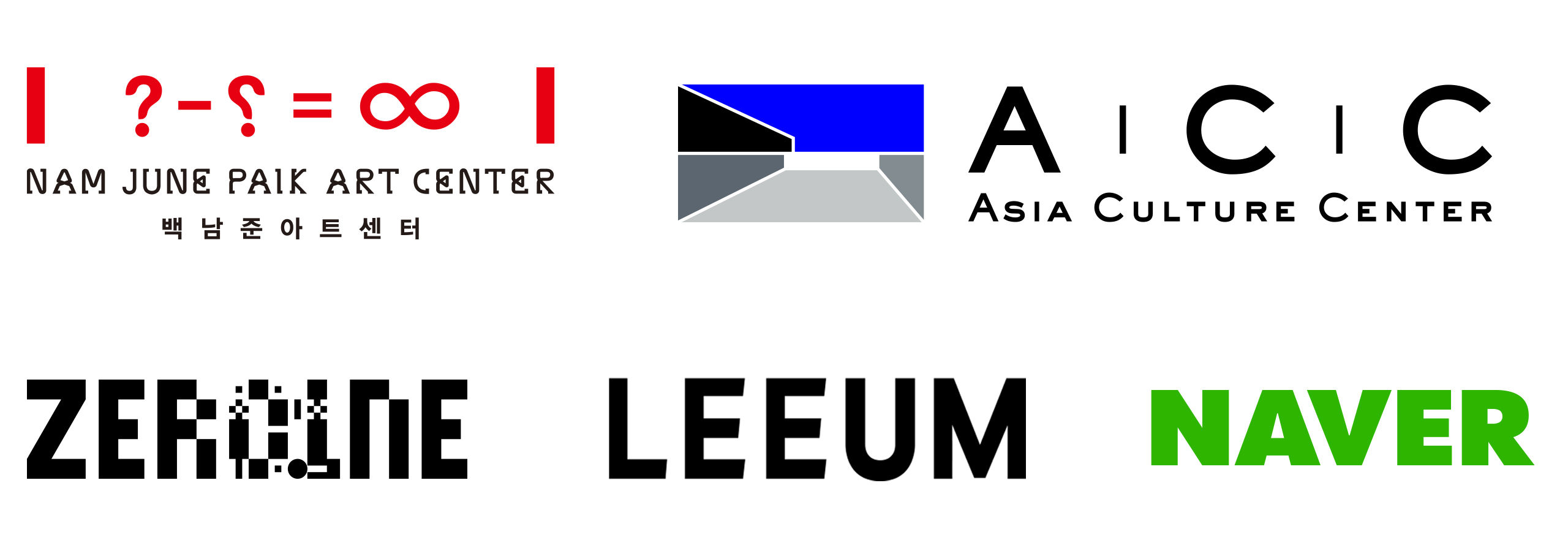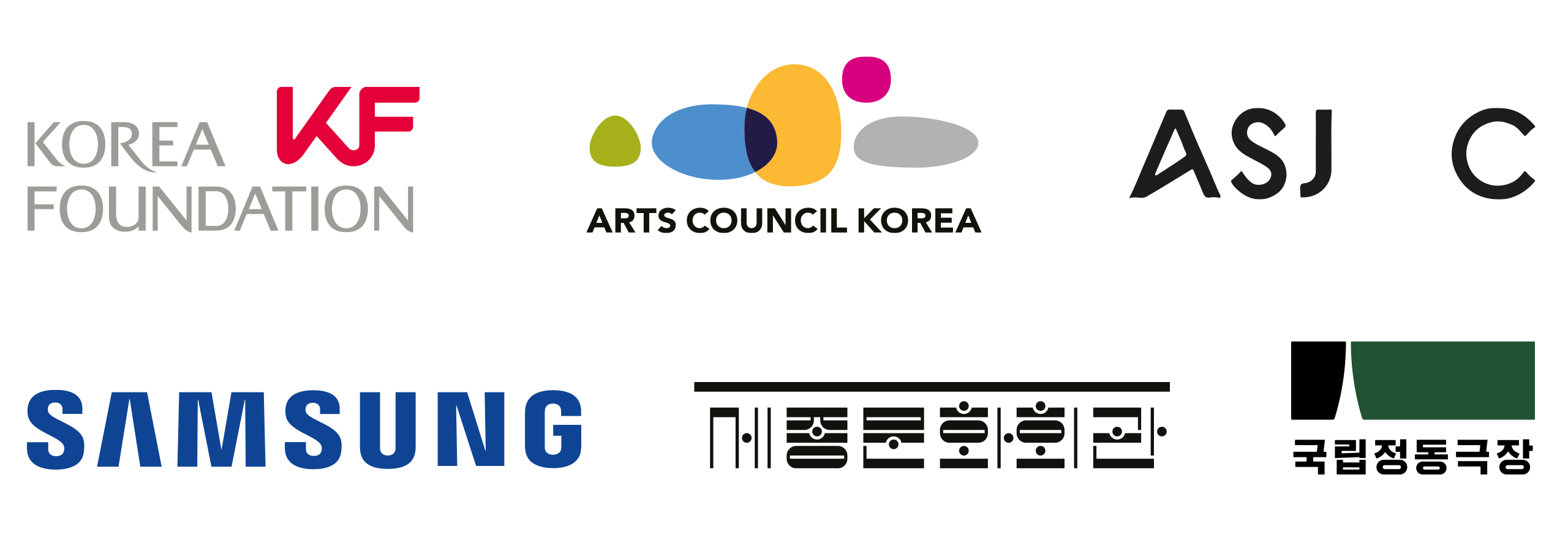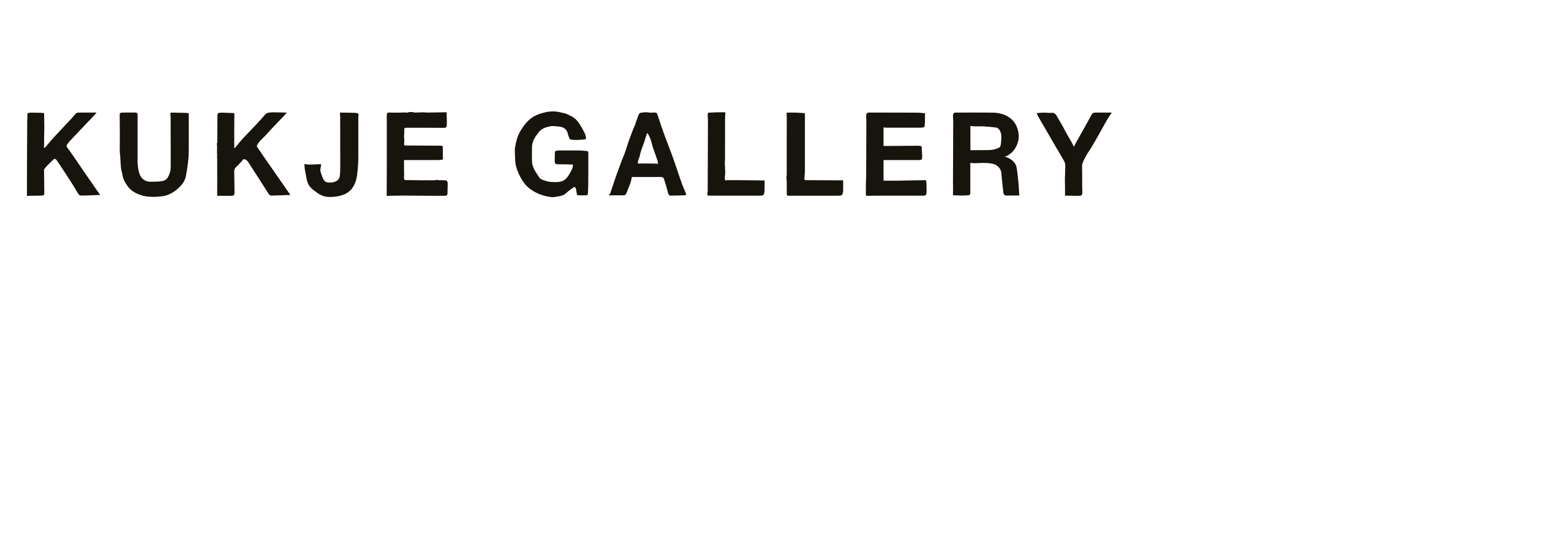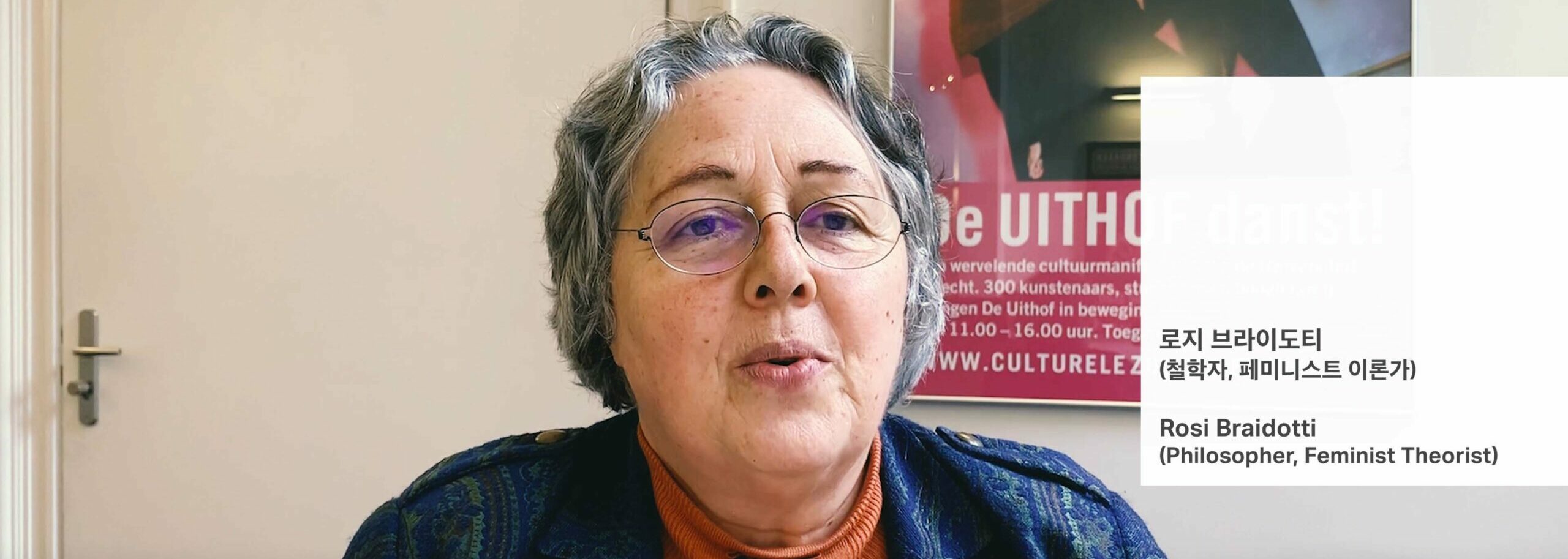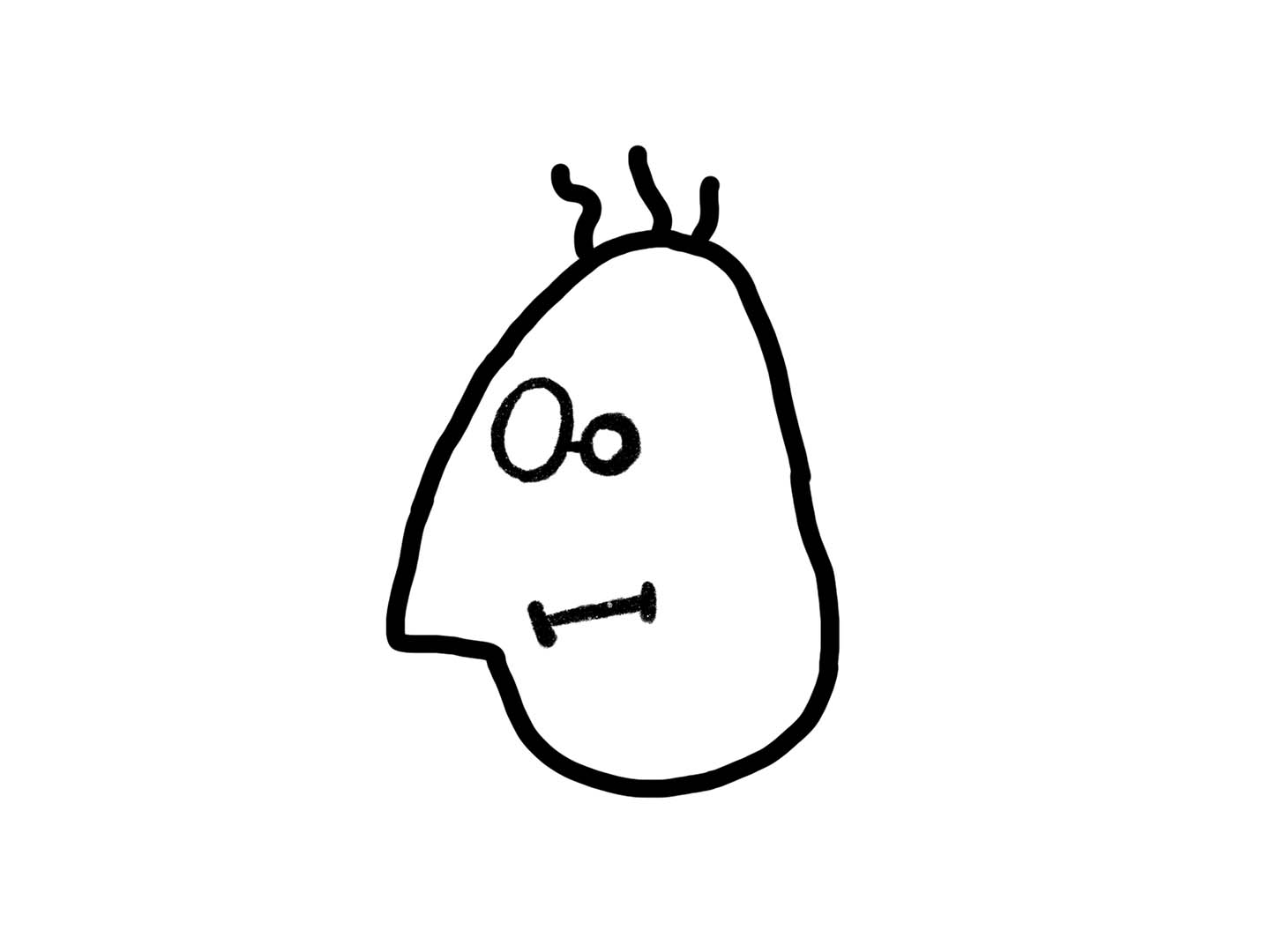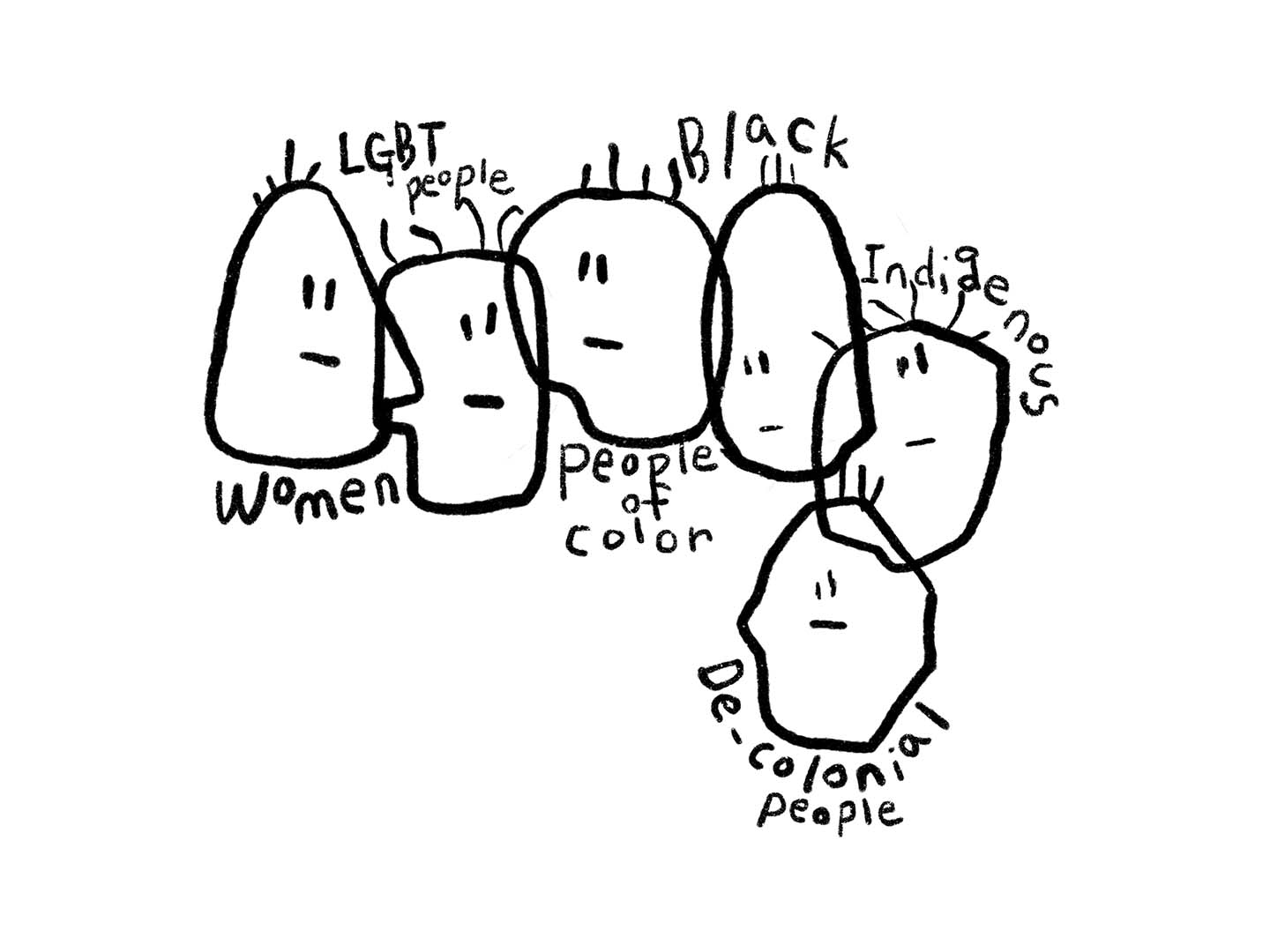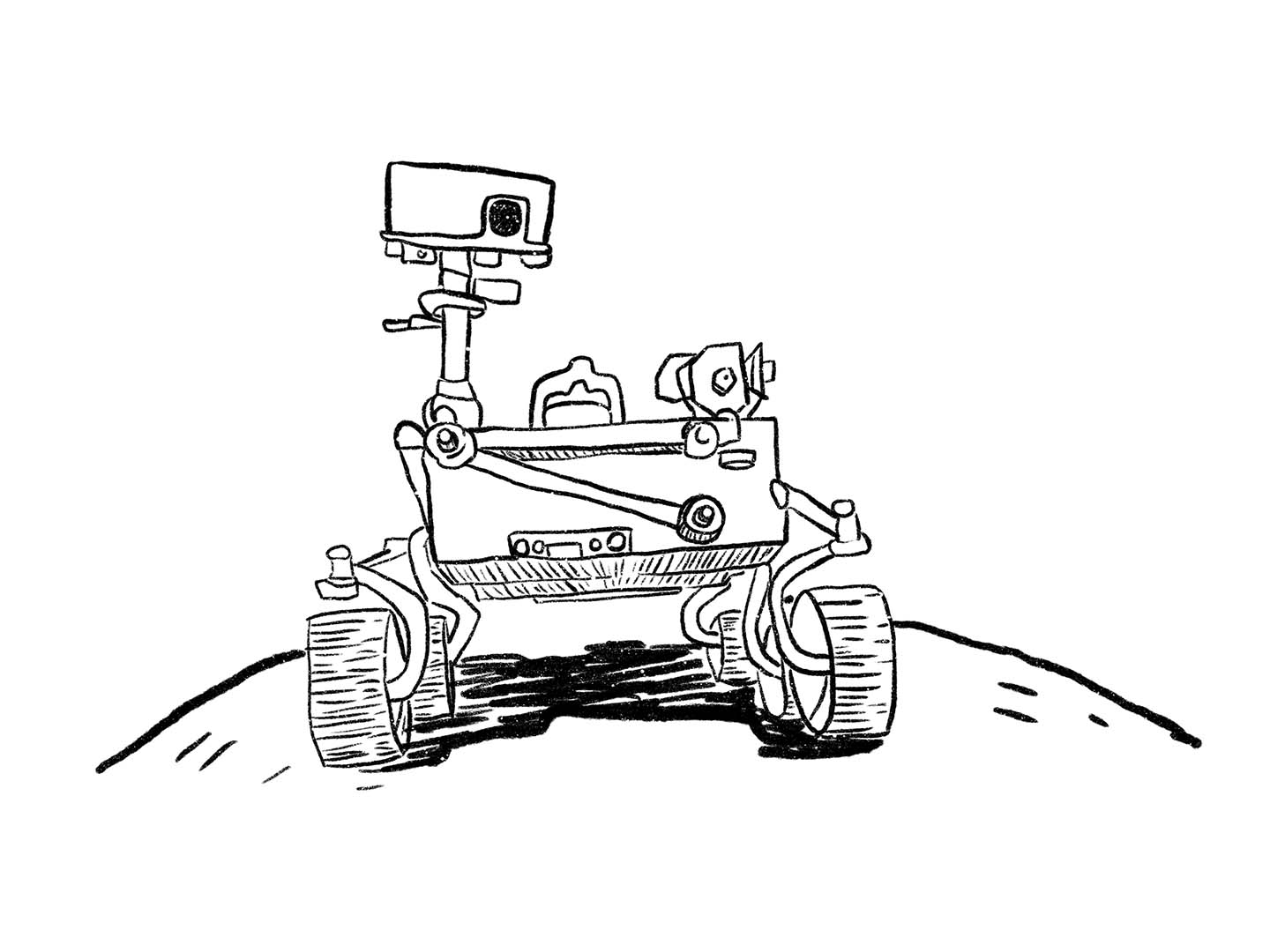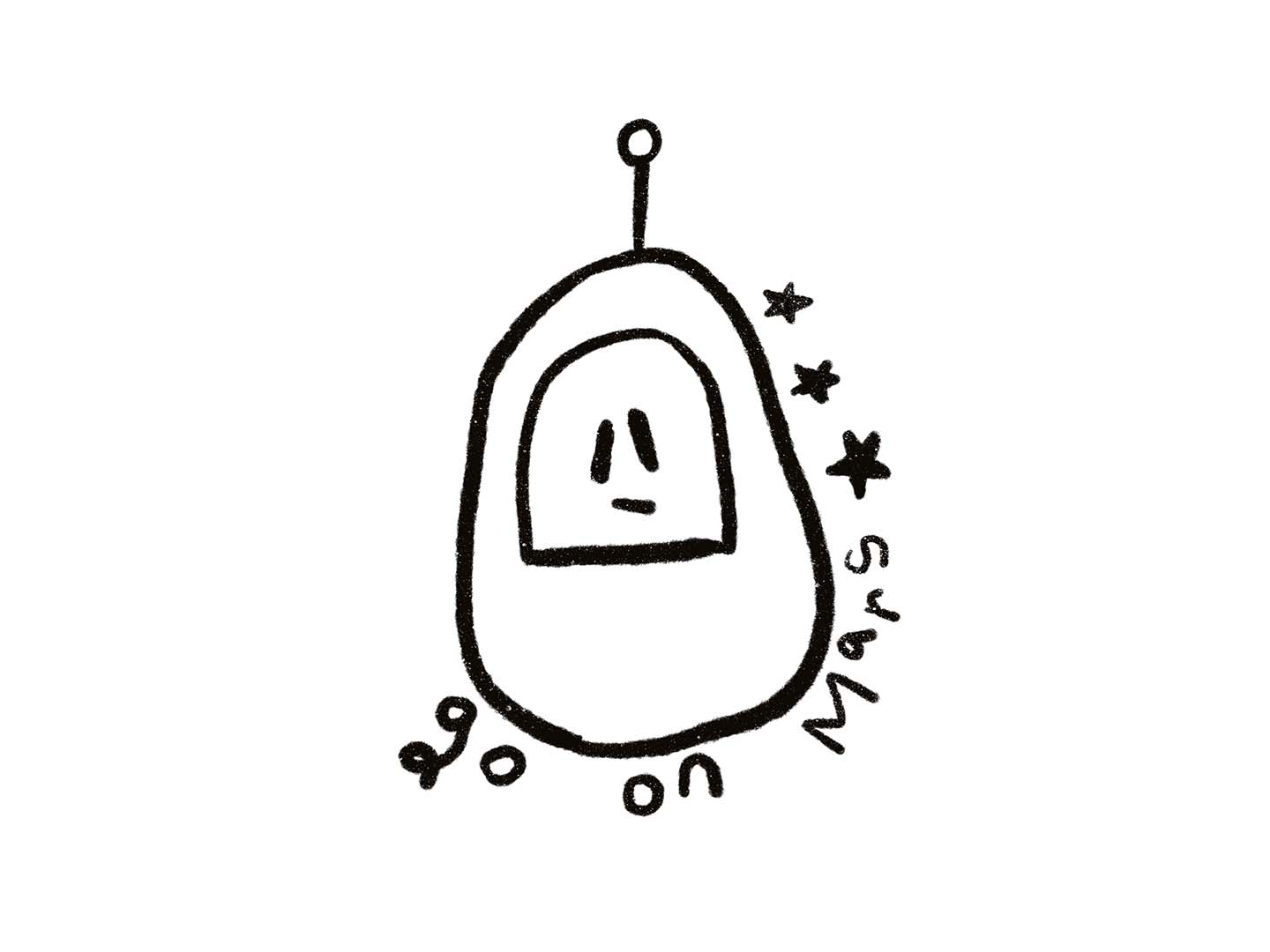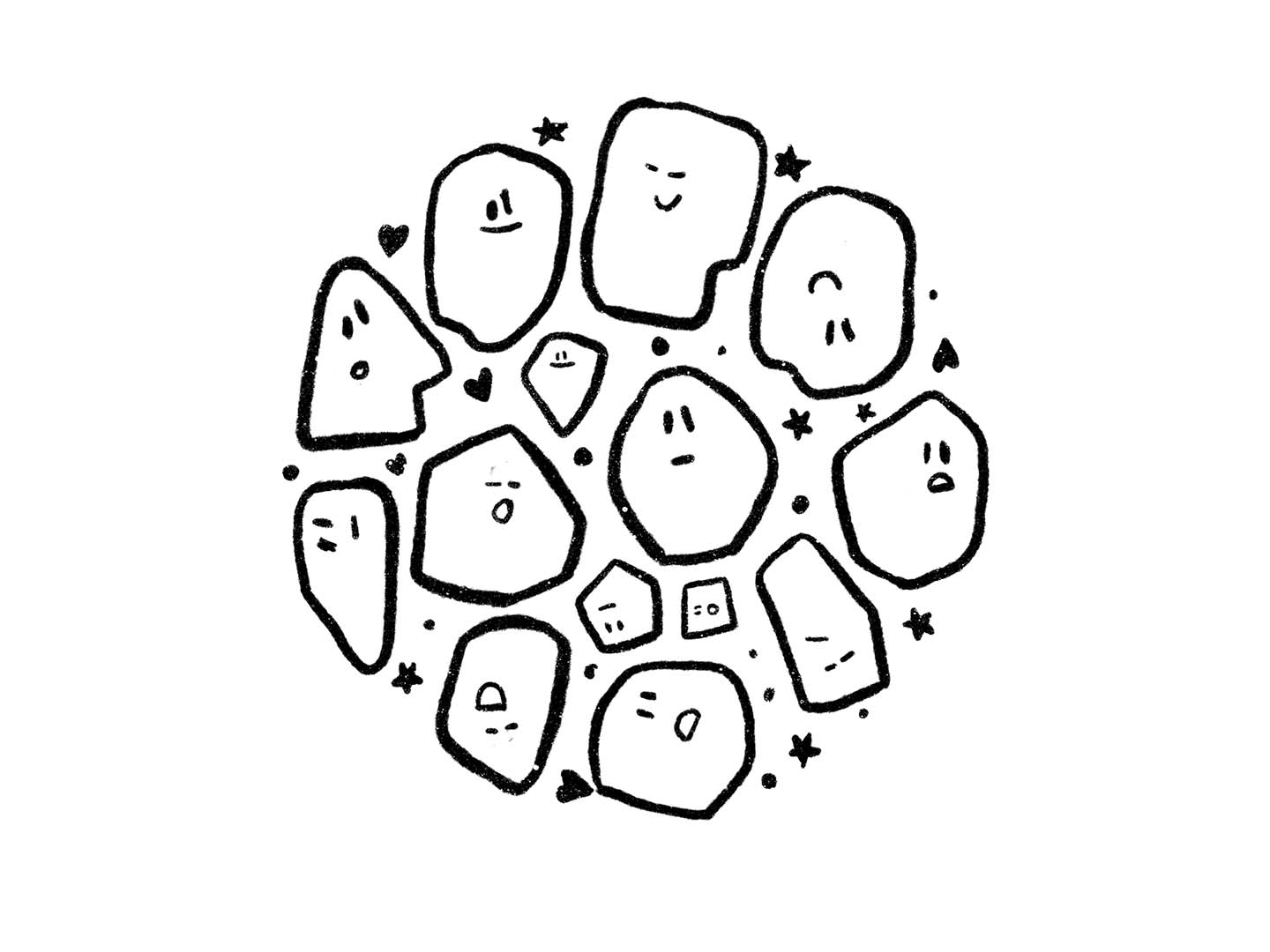작업 소개
‘인간, 일곱 개의 질문’은 모든 예술의 근원인 ‘인간’을 돌아보고, 21세기의 급변하는 환경과 유례없는 팬데믹 상황에서 인간으로 존재하는 것의 의미를 고찰하며 미래를 가늠하는 전시입니다. 57STUDIO는 큐레이터 전시 해설 영상과 함께 참여 작가들의 인터뷰 시리즈, 인문학자들의 렉처 시리즈를 구성하고 제작하였습니다.
인간이란 무엇인지, 코로나 팬데믹과 인류세를 마주한 인간이 스스로에게 던져야 할 가장 중요한 질문은 무엇인지, 국내외 석학과 참여 작가들에게 묻고, 그들의 통찰을 영상에 담았습니다.
첫 번째 인터뷰 영상에서는 네덜란드 위트레흐트대학교 석좌교수이자 포스트휴먼 연구의 대표적인 철학자이자 페미니스트 이론가인 로지 브라이도티 교수의 통찰을 다룹니다. 브라이도티 교수는 포스트모던 페미니즘의 관점에서 정보화 시대의 변화와 흐름을 분석하며, 출판, 교육, 여성 네트워크와 같은 다양한 프로젝트를 통해 실천적인 활동을 이어왔습니다. 그녀는 성별 차이에 대한 개념이 인간과 동물, 인간과 기계의 구분에 어떻게 영향을 미치는지 탐구하며, 포스트휴머니즘 담론에 큰 기여를 했습니다.
“Human, 7 Questions” is an exhibition that reflects on “humanity,” the foundation of all art, while contemplating the meaning of human existence in the rapidly changing environment of the 21st century and the unprecedented pandemic. The exhibition seeks to provide insight into the future.
57STUDIO produced a series of curator-led exhibition commentary videos, interviews with participating artists, and lecture series featuring humanities scholars. We asked both renowned international and domestic scholars, as well as participating artists, the most important questions humanity must ask itself: What does it mean to be human, and what questions must humans confront in the face of the COVID-19 pandemic and the Anthropocene? Their insights were captured in these videos.
The first interview features insights from Professor Rosi Braidotti, a distinguished chair at Utrecht University in the Netherlands and a leading philosopher and feminist theorist in posthuman studies. Professor Braidotti analyzes the changes and currents of the information age from a postmodern feminist perspective and has engaged in practical activities through various projects such as publishing, education, and women’s networks. She has explored how concepts of gender differences affect the distinctions between humans and animals, and humans and machines, making significant contributions to the discourse on posthumanism.



